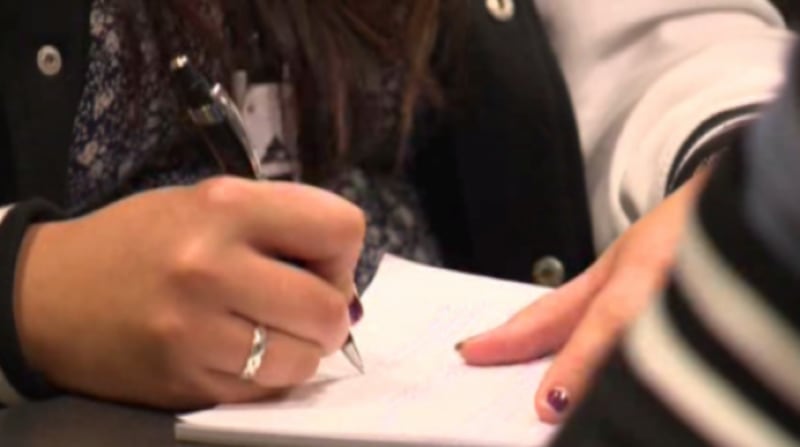A new study has revealed how teachers’ low expectations have led to decades of under-achievement by Māori students.
Oranui Director and Principal Investigator of Unconscious Bias in Education, Anton Blank says, "In this study we have compared Māori and African American students' experience and found very similar patterns. Teachers in both countries have low expectations of these groups of children. As a result Māori and African American children lag well behind other groups at school.
Māori children face significant barriers to achievement, which stem from negative stereotypes attached to Māori as a social group. Personal and interpersonal racism, and institutional racism, work together to perpetuate Māori disadvantage in almost all spheres.”
US literature shows that gaps in achievement between individuals and across socio-economic and racial groups open up at a very young age, before children start school. This gaps emerges at a young age and continue into adulthood.
Teacher’s bias towards Māori and African American children is unconscious. By and large they don’t consciously set out to discriminate against these students. Teachers simply find it easier to relate to children who are like them – from the same ethnic group.
“In New Zealand a hierarchy has developed. Recent research shows that teachers have highest expectations of Asian students, followed by Pakeha, Pasifika, and finally Maori. To mitigate the impact of these biases, the starting point for change then is for teachers to understand their own biases, and mitigate their impact on decision- making and interactions with students.”
Anton Blank says that solutions to unconscious bias have been trialled in other countries.
“In the United States successful interventions have been developed, which take the form of training and development programmes.
In this report we have focused on education but unconscious bias impacts Māori in almost all spheres. It is, however, absolutely possible to change the situation.
Recognising how unconscious bias influences teachers’ relationships with Māori students is the key to lifting Māori educational achievement. Tools and programmes to address unconscious bias towards Māori should be developed and applied broadly in the full range of education, health and social service sectors. A whole of systems approach is required.”

